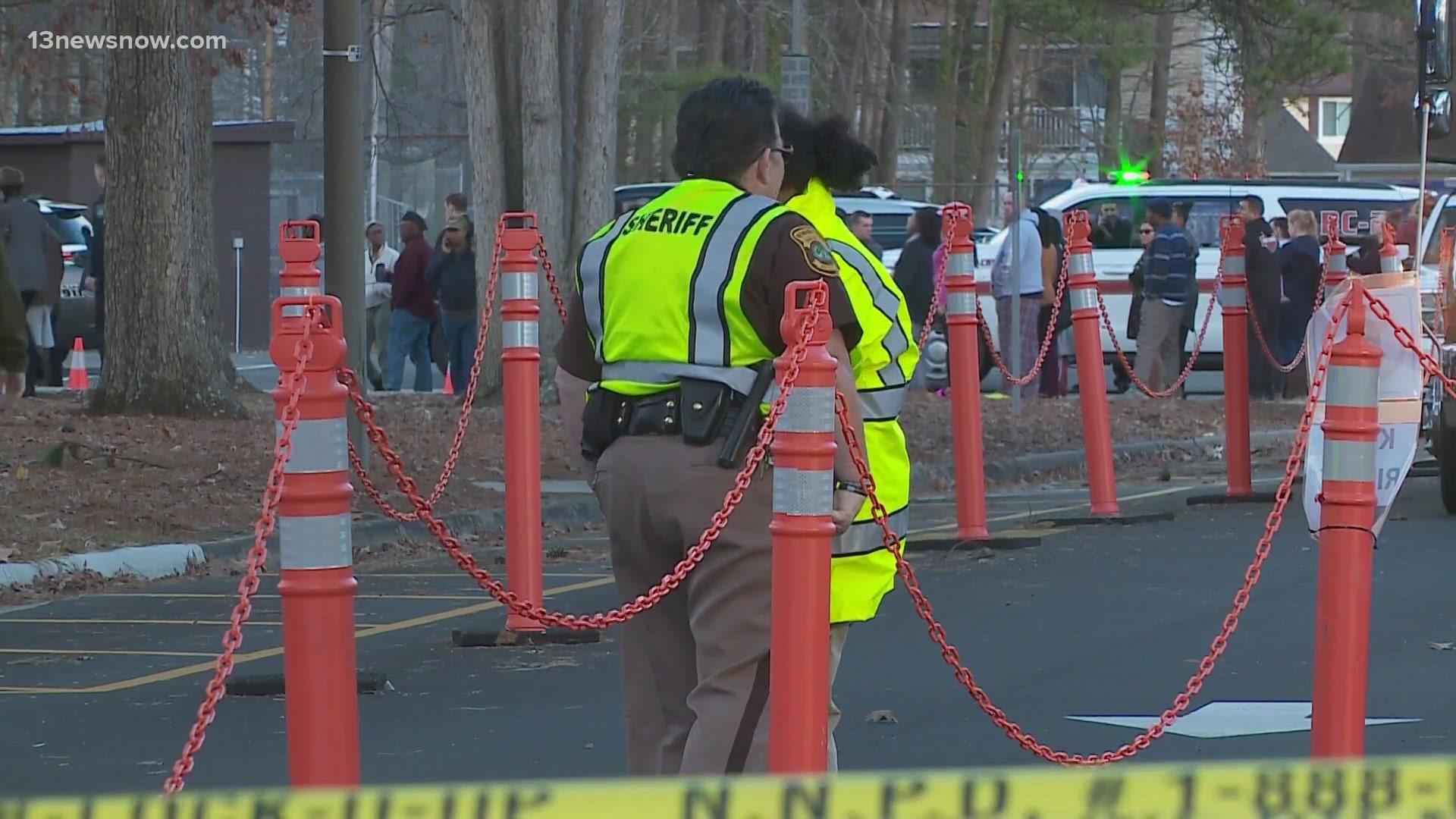VIRGINIA BEACH, Va. — School superintendents across the country say bad behavior in the classroom has gotten worse.
In a recent survey released by the Education Advisory Board, they say the uptick started after children came back from virtual learning throughout the COVID-19 pandemic.
The conversation about bad behavior in the classroom is not just happening here in Hampton Roads, it’s a national one. Between a rise in verbal threats and physical violence, superintendents are taking notice.
After multiple threats and the shooting at Richneck Elementary school in Newport News, parents across Hampton Roads say they are scared.
Skye Barnes' 7-year-old daughter goes to school in Norfolk. She said recently, her daughter's classmate at Little Creek Elementary School threatened to shoot her with a gun that administrators ultimately found at the school.
"I broke. I cried. You hear about this stuff happening all over the world and until it hits home you don’t realize how big it really is," Barnes said.
Specifically, if you’re a parent in Virginia Beach, texts and emails from the division about threats have become somewhat commonplace.
"Just since our return from winter break in January, we’ve had to send nearly 60 messages home to families in regard to threats in our school division," Superintendent Dr. Aaron Spence said.
Spence said they have seen an increase in disruptive behavior in their classrooms.
"An increase in threats, verbal threats in our classrooms and more cases of extreme behavior in younger students than we’ve ever seen."
In a recent survey of almost 200 superintendents across the country, 81% say student behavior is worse now than before the pandemic. 92% say student mental health crises are worse than they were in 2019.
The superintendents in the survey say lack of staffing and insufficient budgets are the biggest challenges in addressing and preventing this behavior.
46% of superintendents surveyed say they are likely to leave their jobs in two to three years.
In another survey released by EAP, 84% of teachers said students are developmentally behind in relationship building and self-regulation.
Spence said their teachers are dealing with tantrums, screaming, yelling, hitting and biting.
"We’ve seen where they maybe pick up a chair and throw it. We’ve had to clear out classrooms on a fairly regular basis to make sure we can get the child calm without hurting himself or others. That’s something that we did not see a lot of prior to the pandemic."
He said a lot of teachers don’t feel adequately trained in how to handle these mental health and behavior problems.
"As you talk to the mental health professionals, what they’ll tell you is that students who are exhibiting these disruptive behaviors are dealing with really underlying issues that are either mental health issues or social issues and unfortunately, what happens is our teachers are tasked to figure out how to address that in our classrooms," he said. "They’re trying to do that simultaneously with trying to figure out how to address lagging academic outcomes."
Over the past three years, he said the division has bumped up security measures. He said they installed security desks and buzz-in visitor systems in every school. He said they have increased staffing for behavior intervention specialists, and more.
Now they are creating a task force to consider adding metal detectors. He said currently school officials have metal-detector wands, if needed.

